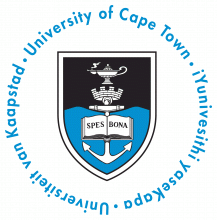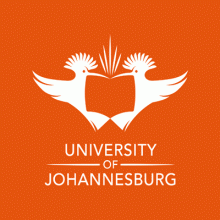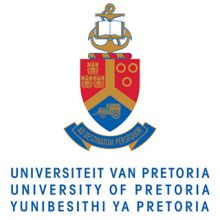A credible ranking of African universities could help to drive up standards and attract more funding for the sector, a conference heard.
At Times Higher Education’s inaugural Africa Universities Summit, held at the University of Johannesburg, attendees were asked to help shape a planned THE ranking for the region, building on the flagship World University Rankings.
Phil Baty, editor of the World University Rankings, told the event that the ranking criteria would be adjusted to take account of “national priorities and priorities for the continent”. Currently there are just four African institutions in THE’s world top 400.
Gbemisola Oke, deputy vice-chancellor (academic) of the University of Ibadan in Nigeria, said that an Africa-specific ranking could help to accelerate the development of higher education on the continent.
“Ranking would serve to provide some kind of a pull factor that is required,” she said. “When you push and the push doesn’t get you going, you may need to apply some kind of incentive which our ranking would seem to be.”
David Mfinanga, deputy vice-chancellor (administration) of the University of Dar es Salaam in Tanzania, said that ranking could help to make the case for increased public funding to help institutions cope with the consequences of massification.
“Our governments aim at increasing the number of graduates and therefore we have to take more and more students and therefore that affects quality. There are problems of ageing facilities and lower funding for research,” Professor Mfinanga said. “If we have credible ranking it will assist to build the case for increased funding, we can say ‘look at what lack of funds is doing to our university’.”
Participants discussed potential measures which could be included in the ranking criteria, with Cheryl de la Rey, vice-chancellor of the University of Pretoria, stressing the importance of avoiding indicators which were “completely inimical” to African development goals.
Ihron Rensburg, vice-chancellor of the University of Johannesburg, said that rankings should “influence positive conduct”. He suggested that an Africa ranking should emphasise graduate employability, including entrepreneurship and volunteering activity. Global and pan-African collaboration must also be incentivised, but recognition must be given to genuinely productive relationships rather than simply the signing of agreements, Professor Rensburg added.
Professor Mfinanga said that citation scores, which the World University Rankings draw heavily on, were a challenging measure for African institutions because they followed a distinct research agenda. While malnutrition may be an important research area for African academics, it may be less of a priority for journals based elsewhere in the world, he said.
Professor Mfinanga also suggested that innovation, including patenting activity and incubator programmes, should be emphasised instead.
But he said that building an Africa-specific ranking should not entail the lowering of standards compared to the World University Rankings.
“We are living in a globalised world and therefore lowering standards is not an option,” Professor Mfinanga said. “This calls for a balance.”
Professor Oke suggested that greater weight should be put on universities’ facilities and their engagement with small and medium-sized enterprises, but cautioned against placing too much importance on employability given that many African countries had high levels of youth unemployment. It would be better to assess institutions’ curricula, she said, stressing that it was important to get the balance of an Africa ranking right.
“If it is not credible, if it is not reliable, then it is best just thrown out,” she said.
At the event, held on 30 and 31 July, a top-30 snapshot of what a new THE ranking could look like was released. This was based on a single measure, research impact, using data from Elsevier’s Scopus database.
There were 12 South African institutions in the top 30, with the University of Cape Town beating the University of the Witwatersrand to the top spot.
Register to continue
Why register?
- Registration is free and only takes a moment
- Once registered, you can read 3 articles a month
- Sign up for our newsletter
Subscribe
Or subscribe for unlimited access to:
- Unlimited access to news, views, insights & reviews
- Digital editions
- Digital access to THE’s university and college rankings analysis
Already registered or a current subscriber? Login











